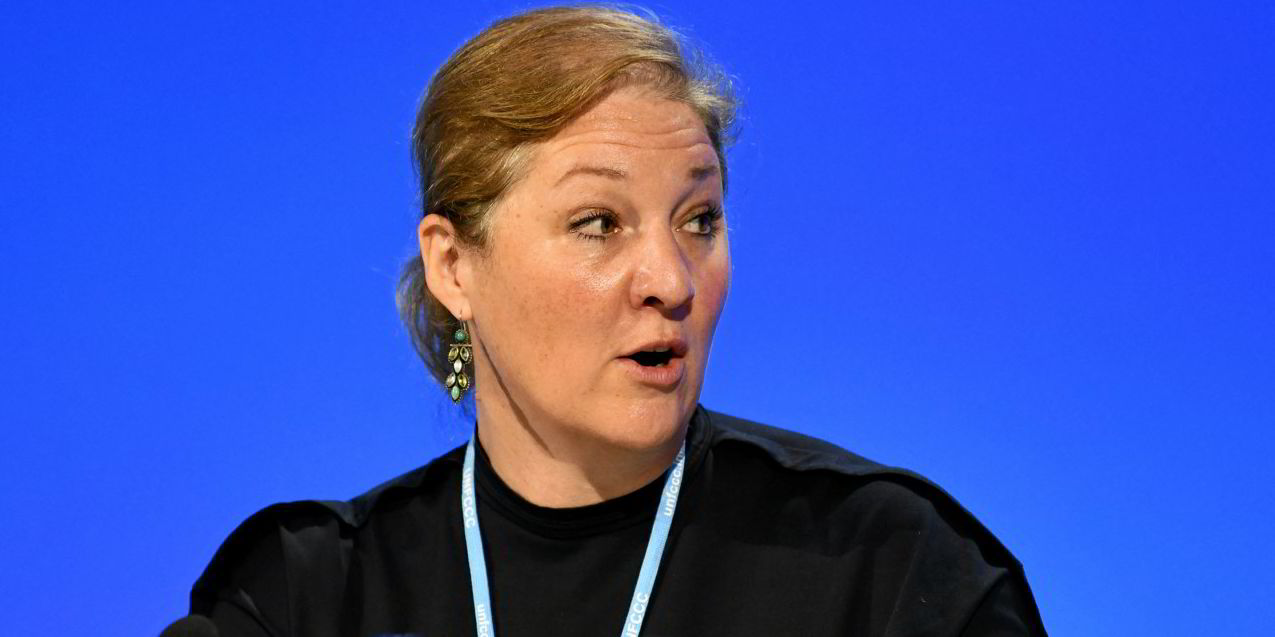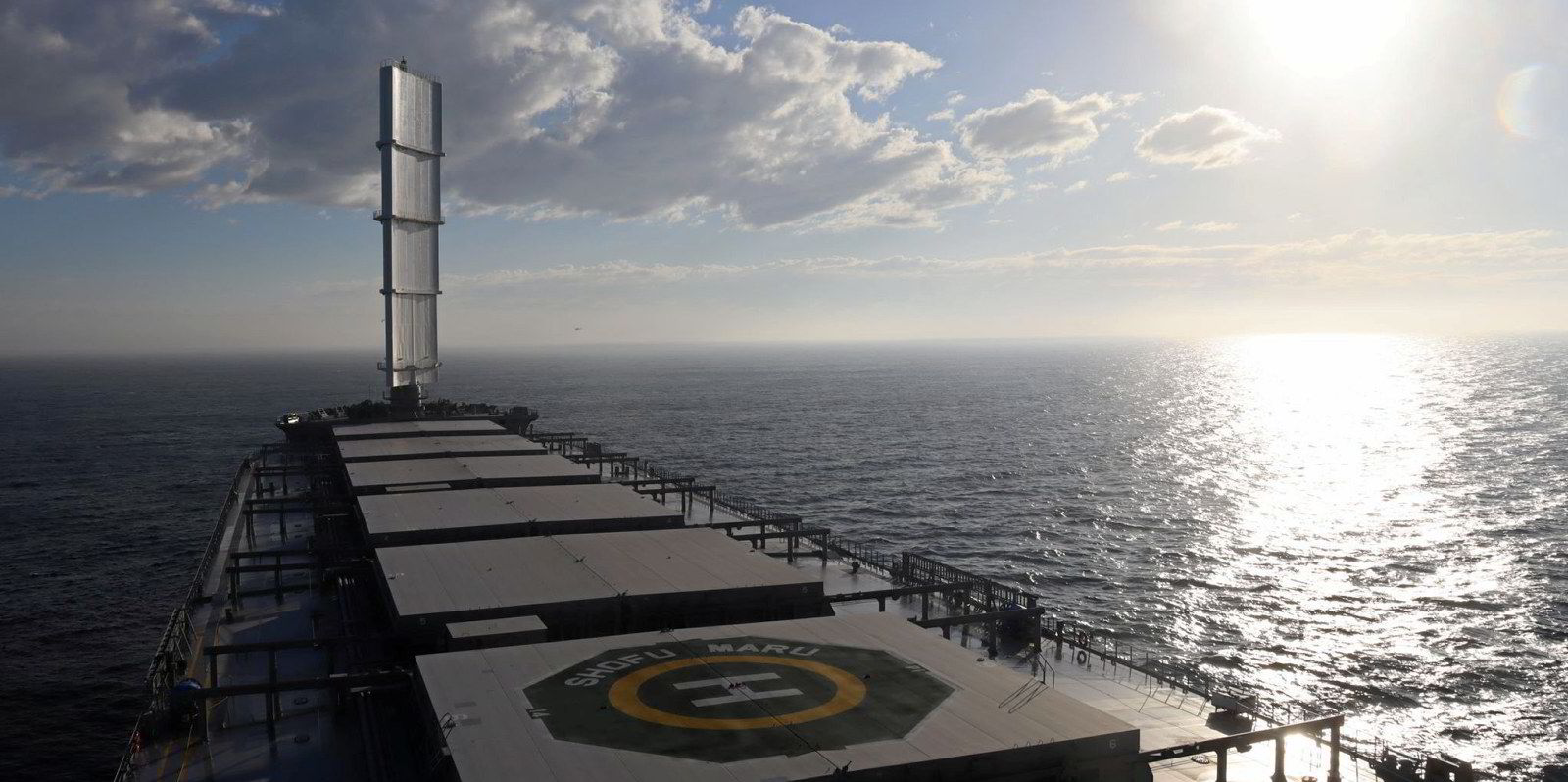Shipping will have to prepare for a multi-fuel future, with the industry divided over how the global fleet will be powered by 2050, a report says.
Many shipping companies expect fleets to run on multiple types of fuel well into the future, according to a survey of 29 businesses that represent one-fifth of global tonnage.
Businesses that responded to the survey were more likely to champion decarbonisation than the broader industry, but they still expect fuel oil to take the largest share of fuels consumed by 2050.
The G7 group of leading economic nations last week called on the International Maritime Organization to achieve zero emissions by 2050. The IMO has come under pressure to strengthen its current policy of a 50% cut by 2050, compared with 2008 levels.
The authors of the study said it paints a “striking” picture of a multi-fuel future, with no clear front-runner in the race to decarbonise shipping.
“This suggests that shipping’s route to decarbonisation could be complex — especially given the knotty interdependence between shipowners and operators, ports, engine manufacturers and fuel providers,” said the report by the Global Centre for Maritime Decarbonisation, the Global Maritime Forum and the Maersk Mc-Kinney Moller Center for Zero Carbon Shipping.
The study found that about one-third of respondents did not know what fuels they expect to run on in 2030 and 2050.
Responses from the remainder suggested that 66% of consumption will remain fuel oil in 2030 before declining to 17% in 2050.
They also expect more than 10 other fuel choices will be used in 2050, ranging from 17% for green ammonia to 3% for nuclear and 1% for green hydrogen.
Blue ammonia, LNG and biodiesel would also be significant parts of the mix.
The authors said the findings suggest a step-change in fuel diversity. The vast majority of owners who responded to the survey expect their own fleets to run on a mix of fuels.
Bo Cerup-Simonsen, chief executive of the Maersk Mc-Kinney Moller Center, said: “The industry will need to think strategically about how to operate multi-fuel fleets, and green fuels must be introduced in a safe and cost-efficient manner to make them the preferred alternative to current petroleum products.”

The study said the most important factor in fuel choice will be the rate of decarbonisation required by regulators.
Policymakers could help close the cost gap between more expensive green fuels and their fossil equivalents to accelerate the adoption of clean alternatives.
Johannah Christensen, chief executive of the Global Maritime Forum, said: “The sooner there is clarity about targets and policies, and the sooner these come into effect, the easier it will be for companies to develop a view on how to meet the goals.”
The companies surveyed included owners and operators of container ships, tankers, dry bulkers, gas carriers, car carriers, cruise ships, tugs and offshore vessels.




